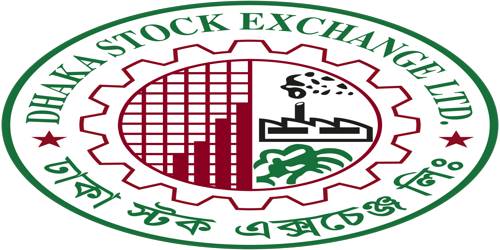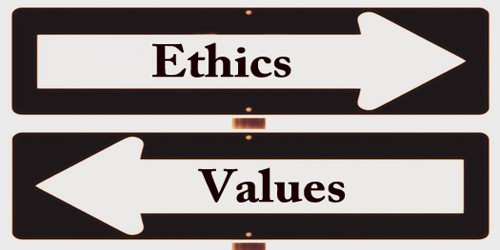Money market is a wholesale market with an exchange of several financial instruments. It refers to dealing in debt assets of the very short term. Money market consists of the call money market, the market of commercial bills, market of commercial paper, the market of Treasury bills, the market of inter-banks, and the market of deposit certificates. The money market deals with short-term loans, usually for less than or equivalent to 365 days. It is a part of the stock market, where high liquidity and very short duration financial instruments are exchanged.
Money market is likewise characterized as a system through which momentary assets are advanced and obtained and through which, an enormous aspect of the monetary exchanges of a specific nation is cleared. An individual may put resources into the money market by buying a money market common store, purchasing a Treasury bill, or opening a money market account at a bank. Money market exchanges occur among organizations and different monetary foundations and not between people. Notwithstanding, people can put limited quantities in money market reserves.
The money market meets the borrowers’ short-term needs and provides the lenders with liquidity. While these markets provide information for the formulation and management of the monetary policy. The bulk of money market transactions are wholesale transactions that happen between financial institutions and corporations. The core of the money market consists of interbank lending banks borrowing and lending to every other using cash equivalent, repurchase agreements, and similar instruments.

Money markets are not only a conduit for moving short-term funds from savers to buyers, but also provide information on the underlying supply and demand conditions. Money organizations commonly finance themselves by giving a lot of asset-backed commercial paper (ABCP), which is made sure about by the promise of qualified resources into an ABCP conductor. In the discount market, the business paper is a well-known getting system on the grounds that the loan fees are higher than for bank time stores or Treasury bills, and a more noteworthy scope of developments is accessible.
Below are some of the important features of a developed money market:
- The money market has an organized banking system.
- It comprises many submarkets dealing with various forms of credit instruments.
- An established money market consists of near-capital assets of different kinds, such as exchange bills, treasury bills, and bonds.
- It also has access to both domestic and foreign-investment financial outlets.
- The money market securities are considered highly liquid and are fixed-income securities with a shorter period of maturity.
- Money market instrument issuers have strong credit scores. Therefore it is clear that the instruments of the money market are suitable for investment purposes.
- One of the key characteristics of money market instruments is that they are sold against face value at a discounted price.
All the more significantly, they are fundamental for moving from an amount based to advertise based instruments of money related administration. There is, thusly, a dire requirement for extending and expansive basing the market for obligation instruments and Govt. dated protections. Institutional help ought to be given any place required. There are two sorts of instruments in the fixed salary market that pay enthusiasm at development, rather than as coupons markdown instruments and gathering instruments.
Money markets perform five roles to fund trade, finance business, invest profitably, boost self-sufficiency of commercial banks, and lubricate policies of the central banks. The money market’s goals are to enforce the country’s monetary policy. Monetary policies have three key goals: prosperity, equity, and price stability. In the first decade of planning the monetary policy was aimed at reviving conventional monetary control arms.
Information Sources:
















